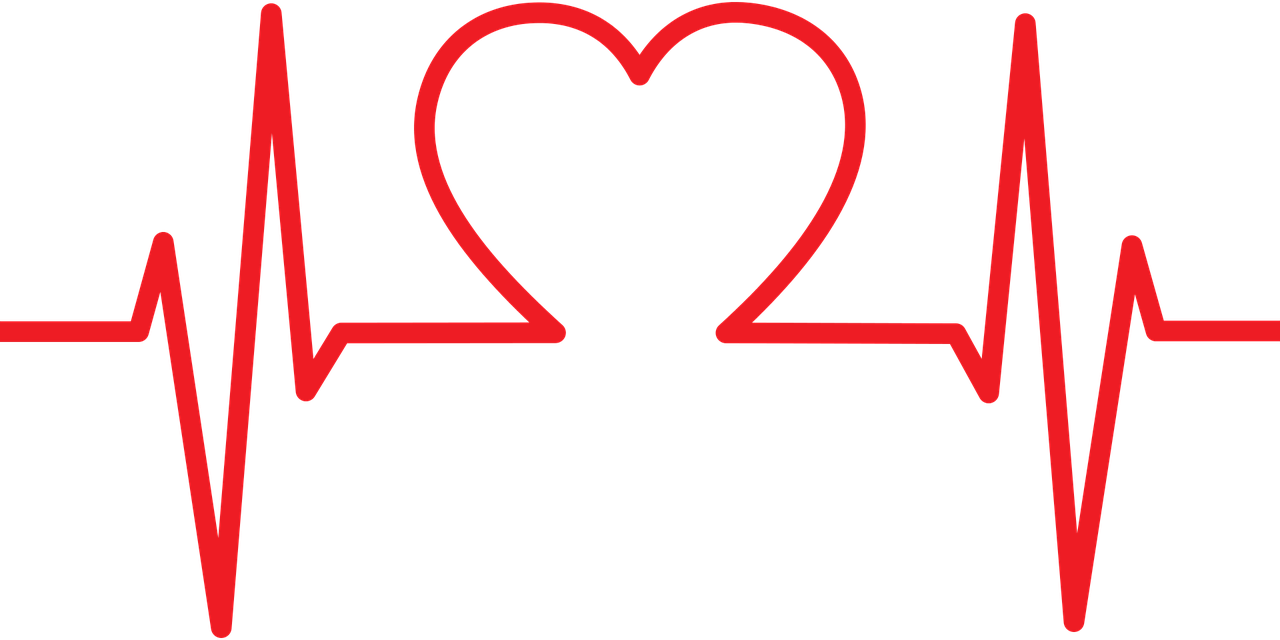
Heart Health During the Grieving Process
Can you actually die of a broken heart?
As we enter American Heart Month, it’s a great time to start making heart-healthy choices. It’s also a good time to reflect on our own heart health and that of our loved ones who may be going through a tough time after losing a loved one. Perhaps your dad is mourning the loss of his beloved wife after a long hospice stay. Or maybe you were the caregiver for your dad for many years and just lost him. This can be a very stressful time as you try to grieve yet take care of your own family, go to work, etc. You don’t have to go through it alone. Bereavement services in San Mateo and elsewhere can help a lot.
Sadly, it’s common for depression to overcome those who are grieving. Coping with the initial shock of the loss, coupled with trying to move on and adopt a “new normal” can plunge people young and old into a downward spiral of grief. When people are stressed, anxious or feeling down, they tend not to make healthy food and exercise choices because they’re so overwhelmed by the situation. As a result, a person’s mental health as it affects their general health is underestimated and therefore goes by the wayside.
Depression affects an estimated 1 in 10 Americans age 18 and older, with that number being as high as 33 percent for heart attack patients, according to the American Heart Association. Grieving can lead to changes that affect your health, for reasons that go beyond just falling into bad health habits. Other physiological changes start occurring in the body, including higher glucose levels, stress hormones, and cortisol.
For many who have lost a loved one, that loss can be so overwhelming that they feel the physical effects of their grief. This may result in upset stomach, sleeplessness, loss of appetite, or headaches that just don’t go away. Others, though, can feel a tightening in the chest and difficulty breathing — so much so that they think they are having a heart attack. In essence, their grief has manifested itself in what is referred to as “broken heart syndrome,” says Psychology Today.
Broken Heart Syndrome
Broken heart syndrome, a temporary heart condition triggered by stressful situations such as a loved one’s death, can also stem from a serious illness or even from surgery. Those experiencing broken heart syndrome may have sudden chest pain or suspect they’re having a heart attack. They may even head to the ER.
So, what’s happening? Well, when this happens, there’s a temporary disruption of the heart’s normal pumping function in one area, while the remainder of the heart functions within normal limits or with more intense contractions, says the Mayo Clinic. Broken heart syndrome may result from the heart’s reaction to a surge in stress hormones. Fortunately, this condition is treatable, usually reversing itself within days or weeks. However, if not treated, it can lead to more serious problems and death. This doesn’t mean it’s not extremely scary for the person experiencing it, as broken heart syndrome symptoms can resemble those of a heart attack. Common symptoms include shortness of breath and chest pain. Always take these symptoms seriously in case it is indeed a heart attack, characterized by long-lasting or persistent chest pain.
Tips to Ease the Grief
While grieving is a completely normal and expected part of losing a loved one, its physical effects can be damaging. That’s why it’s important to take care of yourself even while trying to cope with your loss. Here are some tips:
- Identify the cause of stress or anxiety and address it: Seek grief counseling, join a support group, make the effort to get together with friends.
- Make healthy habits and don’t rush it: If you weren’t really exercising before the loss, take it easy and start gradually. Don’t pressure yourself to get back to a rigorous routine that could prove to be too much. Take a walk around the block every day. Even 10 minutes will have heart-healthy benefits. Plus, exercise improves mood and could help you feel better.
- Eat better: Try to incorporate healthier cooking techniques or substitute ingredients that cut down on fat, sugar, sodium, and calories. Try eating from all four food groups. Make granola bars and fruit salads to grab on the go instead of grabbing fast food.
- Take time for you: Take care of yourself as you start breaking the cycle of feeling down. Do something structured like taking a fitness or yoga class, or do something unstructured such as meditating on your own, listening to music, reading or taking a bubble bath.
Contact Pathways Home Health and Hospice
We offer many bereavement services, so call us today to learn more at 888-978-1306. From workshops to counseling to support groups, we can help you through your grief and improve your heart health in the process.

